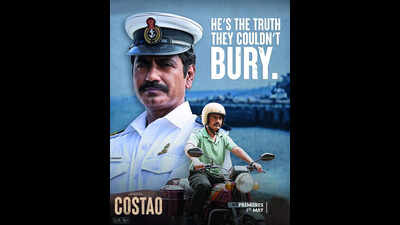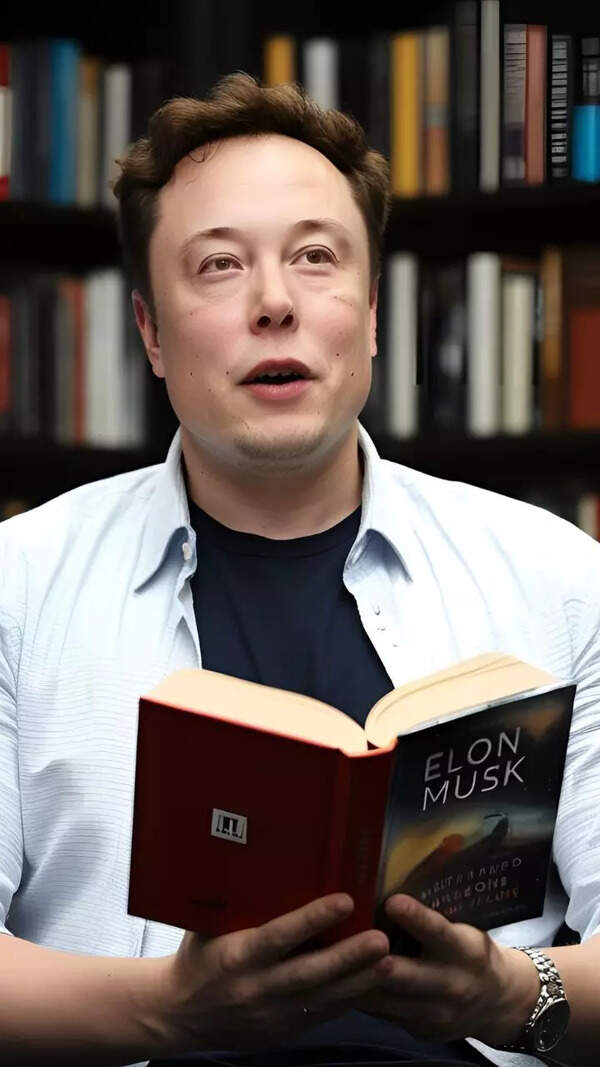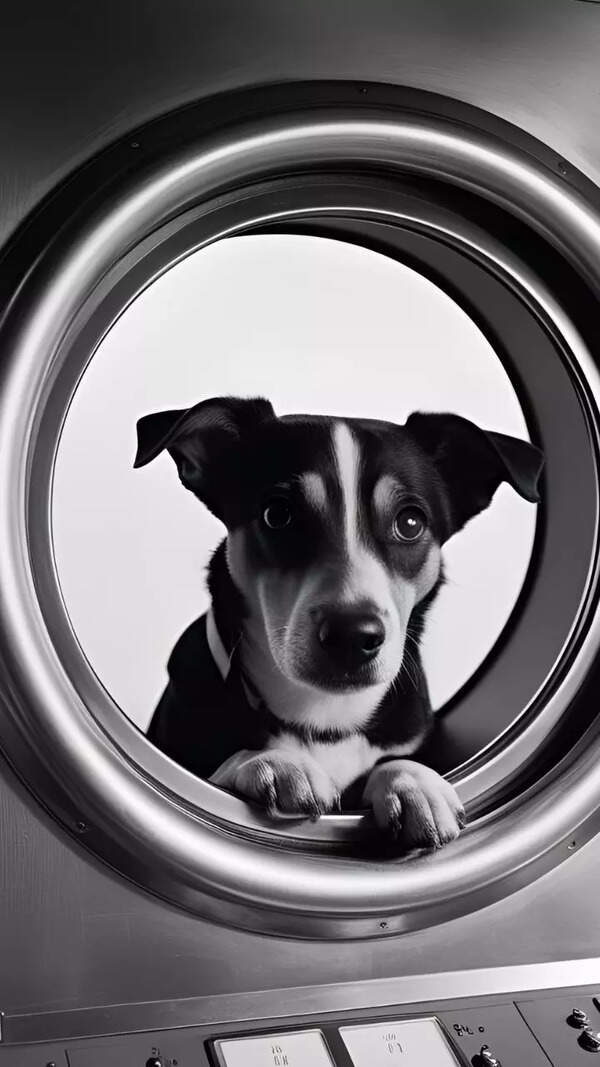Trending
HC dismisses Churchill’s appeal against ‘Costao’ release
Panaji: The high court of Bombay at Goa has dismissed an appeal by former chief minister Churchill Alemao, who sought an injunction against the release of the Nawazuddin Siddiqui-starrer, ‘Costao’. The film is based on the story of Customs officer Costao Fernandes, who thwarted a smuggling operation involving Churchill’s brother, Alvernaz Alemao.
Churchill appealed to the high court against a lower court’s order, seeking Rs 100 crore in compensation for damages and defamation, along with interest. He also sought to restrain media houses and publishers from making any defamatory statements regarding him and the entire Alemao family.
The former chief minister, representing the entire Alemao family that consists of four brothers — Joaquim, the late Alvernaz, and the late Ciabro — and their spouses and children, stated that the film is solely based on the narrative given by Costao. He claimed it was in complete ignorance of various judgments and harmed his reputation, public image, and political status.
He stated that he was exonerated of criminal charges and that it was concluded that no gold was ever confiscated or recovered by Costao. He added that the claim that the Customs department managed to establish a gold smuggling case against the Alemao clan is false.
The defendants stated that the film is a work of fiction, inspired by facts in court records and a version of the incident stated by Costao. The filmmakers also submitted that the work is purely fictional, with safeguards in the form of a disclaimer, and nothing shown on record to draw any likeness to any character in the film or to believe that the character resembles Churchill or any members of his family. The producers released the film on May 1, they told the high court.
Justice Valmiki Menezes observed that the film is yet to be released and that Alemao is basing his claim on conjecture that the film would contain defamatory material.
The high court also observed that the plaint does not seek any injunction against publishers of the articles, nor does it implead them in the suit, even though they would be the first persons responsible, if the plaintiff’s case is believed to be true, for causing defamation.
End of Article
Follow Us On Social Media









